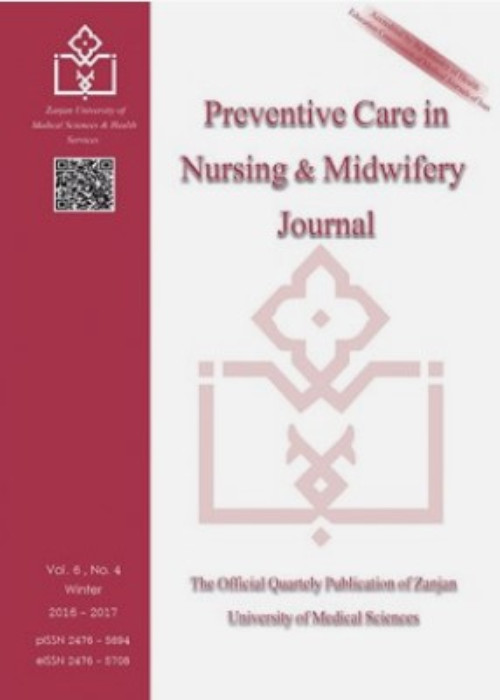The Effectiveness of Acceptance-commitment Therapy and Emotion Regulation Training on Impulsivity and Distress Tolerance in People with a History of Drug Addiction
Substance abuse and addiction have created numerous social and psychological problems around the world, encouraging researchers to employ different psychological approaches.
The aim of this study was to determine the effectiveness of acceptance-commitment therapy and emotion regulation training on impulsivity and distress tolerance in people with a history of drug addiction.
This was a multi-group experimental research with a pre-test/post-test design, conducted in a two-month follow-up period. The statistical population included men with substance abuse, who referred to private addiction rehabilitation clinics in Tehran in 2019. Two centers were selected by accessible sampling, and 63 people were purposefully chosen and randomly divided into two experimental groups and one control group after obtaining informed consent. Addiction drugs included opium, heroin, and tramadol. During the study period, all subjects were on methadone therapy. Assessment tools included Barratt Impulsivity Scale (BIS) and Distress Tolerance Scale (DTS). Data were analyzed using repeated-measures analysis of variance in SPSS software version 22.
The results showed that there was no significant difference between the two experimental groups comparing post-test and follow-up impulsivity and distress tolerance (P≥0.05). There was a significant difference in impulsivity comparing pre-test vs. post-test and post-test vs. follow-up in the two experimental groups (P≤0.05). There was no significant difference comparing post-test and follow-up impulsivity in the two experimental groups (P≥0.05). There was a significant difference among the three stages of the study comparing distress tolerance in the acceptance-commitment therapy group (P≤0.05). There was a significant difference in distress tolerance comparing pretest vs. post-test and post-test vs. follow-up in the emotion regulation training group (P≤0.05). There was no significant difference comparing distress tolerance between post-test and follow-up in the emotion regulation training group (P≥0.05).
According to these results, addiction therapists can use acceptance-commitment therapy to control impulsivity and employ emotion regulation training to control distress tolerance in people with a history of addiction.
- حق عضویت دریافتی صرف حمایت از نشریات عضو و نگهداری، تکمیل و توسعه مگیران میشود.
- پرداخت حق اشتراک و دانلود مقالات اجازه بازنشر آن در سایر رسانههای چاپی و دیجیتال را به کاربر نمیدهد.



